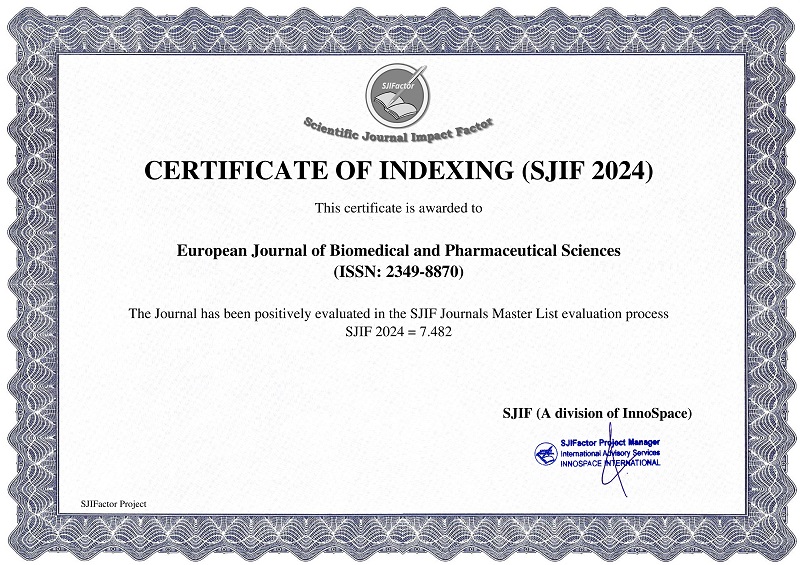KINASE INHIBITOR CHEMISTRY – A REVIEW
Athira A.S.*, Dr. Prasobh G.R., Prof. Sheeja Rekha A.G., AswathyJ. and Dhanya S.
ABSTRACT
About 538 known kinases are encoded in the human genome, and these kinases maintain cellular function by turning protein function on, while corresponding phosphatases reverse this action. These counter mechanisms greatly improve the plasticity of epigenome by regulating protein activity in virtually every imaginable way. Biochemically, protein kinases catalyze the following reaction. Recent advances in our understanding of the fundamental molecular mechanisms underlying cancer cell signaling have elucidated a crucial role for kinases in the carcinogenesis and metastases of various types of cancer, Human cells have many different kinases, and they help control important functions, such as cell signaling, metabolism, division, and survival. Certain kinases are more active in some types of cancer cells and blocking them may help keep the cancer cells from growing. Kinase inhibitors may also block the growth of new blood vessels that tumors need to grow. Some kinase inhibitors are used to treat cancer.
Keywords: human genome, and these kinases.
[Full Text Article]
[Download Certificate]


 Impact Factor : 8.181
Impact Factor : 8.181 






